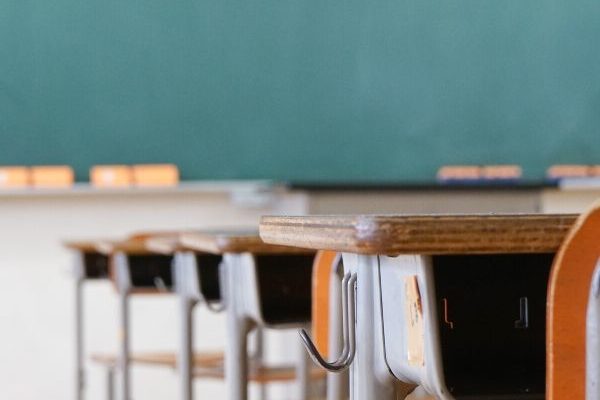
Unfortunately, the education sector isn’t safe from COVID-19, and should the worst happen, schools need to be prepared for journalists and media outlets knocking at their door. I was recently asked to share my advice for tackling media attention during a coronavirus crisis, after one of my education clients went through exactly that.
Although it’s never nice to think about your school being plunged into the middle of a coronavirus crisis, that doesn’t make it any less likely to happen. With the lockdown restrictions being eased and schools increasingly returning to physical classrooms, there is a chance a pupil or staff member could fall ill with COVID-19.
Prepare for a hypothetical crisis
The very best way to ensure you’re on top of things from the very beginning is to start preparing long before the crisis hits. In fact, every single school should have some form of Coronavirus media plan in place, so that if a pupil or staff member does fall ill, you’re already on the front foot.
Having a plan already in place means that if a crisis does happen, you’ll be able to respond to journalists a lot faster. When my agency, Pure Public Relations, recently tackled a Coronavirus crisis on behalf of our school client, we took around 50 calls from journalists on the first day alone.
Thankfully, because we’d already prepared for a similar scenario, we were able to free up everyone’s time, meaning we could all focus on the tasks that mattered.
Make sure you know how to quickly access your school’s social media accounts and email mailing list, so that in the event of a crisis, you can communicate quickly and effectively with the people who need to know.
Get your statement right
Rather than preparing a traditional cold, simplified statement, put yourself in the shoes of anyone who might be hearing this potentially alarming information for the first time. Any messaging should be designed to assure the school community and emphasise calm.
Write a holding statement, which is a pre-prepared statement that you prepare ahead of time and hold on to until you need it. Make sure it’s flexible enough to be adapted to the specific conditions of the hypothetical situation if it does occur. And make sure you regularly update this statement to reflect the changing conditions of the pandemic itself, as things can change dramatically in a matter of days.
Consider writing different letters for different stakeholders including staff, parents, students and the general community. The statement you issue to parents will be quite different to the one you’d send to the media, for example.
Don’t remain tight-lipped
The PR textbooks would tell you that in a crisis, issues management 101 would be to put together a short, factual statement that doesn’t contain much emotion and is as short as possible. The idea is to give away as little information as possible, and repeat the same phrase over and over again.
I personally take a different approach. I ask: ‘is this story going to be written regardless of our assistance?’ If the answer is yes, then it’s much better if I can be as helpful as possible. If I can give as much accurate, helpful information, it’s far better for the school than keeping their lips tightly sealed.
If schools choose to stay silent, that’s when inaccuracies come up. That’s when hype and hysteria can mutate the story and turn it into something it’s not. If you don’t carefully control the narrative from the very beginning, there’s nothing stopping the media going rogue and interviewing students and parents without the school being notified.
Have a clear protocol in place for what to do if a journalist does visit your school, and ensure that every single staff member is aware of how they should respond if they receive an interview request. Have a single member of staff designated for fielding these types of requests, and ensure everything goes through them.
If your school prepares itself enough in advance, not only will any media reports be as factual as possible, there’s a chance you might be able to actually receive some positive attention for your impressive handling of the crisis.
This article originally appeared on Education Today.
If you’re a school looking to put a strong, effective media plan in place to defend your reputation in the face of coronavirus, we can help.
You find more from Pure Public Relations on:
Our YouTube Channel
Phoebe Netto’s LinkedIn page
Our Facebook page

